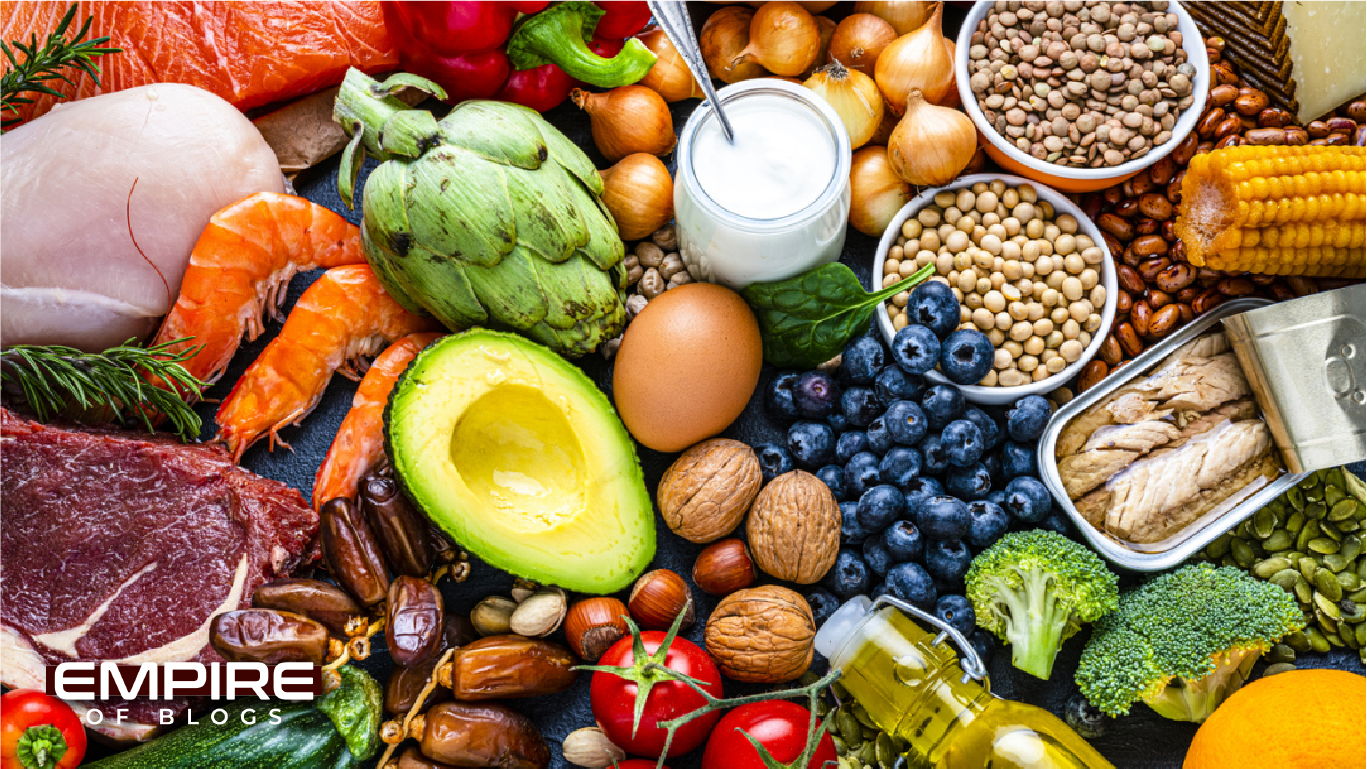
Budget-Friendly Nutrition Food Tips for Smart Eaters
Eating healthy doesn’t have to mean spending a lot. In fact, some of the most nutritious foods out there are also incredibly affordable—you just need to know where to look and how to shop. Whether you're a college student, a busy parent, or simply someone trying to be more mindful of your wallet, making smart food choices on a budget is absolutely doable.
Here are some simple, budget-friendly tips that can help you eat well without breaking the bank.
1. Plan Your Meals and Shop with a List
One of the biggest ways to save money—and avoid waste—is to plan your meals ahead of time. When you know exactly what you’re cooking for the week, you can buy only what you need. No more impulse snacks or forgotten veggies in the back of the fridge.
Before heading to the store, take a few minutes to:
-
Check what’s already in your pantry
-
Create a simple weekly menu
-
Write a shopping list based on that menu
📝 Take control of your grocery trips—start with a meal plan and stick to your list.
2. Buy Whole Foods, Not Processed Ones
Pre-packaged, ready-to-eat meals may seem convenient, but they usually cost more—and often come with extra sugar, salt, and preservatives. Whole foods like fresh produce, grains, and lean meats are not only cheaper but also better for your health.
For example:
-
Buy a block of cheese instead of pre-shredded
-
Choose whole carrots instead of baby carrots
-
Cook your own beans instead of buying canned
🥦 Choose real food, save money, and feel better every day.
3. Go Frozen or Canned (But Smartly)
Don’t overlook the frozen and canned aisle. Frozen fruits and vegetables are just as nutritious as fresh ones, and they often cost less. Plus, they last much longer, reducing waste.
When shopping for canned foods, go for:
-
Beans with low sodium
-
Fruits packed in water, not syrup
-
Tuna or salmon for a protein boost
🛒 Stock your freezer and pantry with smart picks—healthy doesn’t always mean fresh off the shelf.
4. Cook in Batches and Love Your Leftovers
Cooking meals in bulk is one of the smartest ways to save money and time. Make a big batch of chili, stir-fry, or soup and portion it out for the week. It’s cheaper than takeout, healthier, and makes weeknight dinners a breeze.
Pro tip: Use leftovers creatively! Turn last night’s roasted veggies into a wrap or mix extra chicken into a salad.
🍽️ Make today’s dinner tomorrow’s lunch—batch cooking is a budget lifesaver.
5. Shop Seasonal and Local
Fruits and veggies that are in season are usually cheaper and taste better. Visit your local farmer’s market or check the seasonal section at your store. In-season foods don’t have to travel far to reach you, which keeps prices low.
Try:
-
Apples and squash in fall
-
Berries and tomatoes in summer
-
Greens and citrus in winter
🌱 Eat with the seasons—it’s cheaper, tastier, and better for the planet.
6. Try Plant-Based Meals a Few Times a Week
Meat is often the priciest part of the plate. Replacing a few meat-heavy meals with plant-based options like lentils, chickpeas, tofu, or beans can seriously cut your grocery bill—and still give you the protein you need.
Even one or two meatless days a week can make a difference.
🥗 Try a veggie night—delicious, filling meals don’t need meat to shine.
7. Buy in Bulk (When It Makes Sense)
Foods like rice, oats, pasta, lentils, and beans are great bulk buys. You’ll save money per unit and always have a healthy base for your meals. Just be sure you have the storage space and a plan to use them so nothing goes to waste.
Tip: Avoid bulk-buying items that spoil quickly unless you freeze them or share with friends.
🛒 Stock up smartly—buying in bulk now means saving later.
8. Prep Snacks Ahead
Unplanned snack cravings can lead to expensive and unhealthy choices. Prepping your snacks ahead of time not only saves money, but also keeps you on track nutritionally.
Healthy, budget-friendly snacks include:
-
Hummus with carrot sticks
-
Hard-boiled eggs
-
Homemade popcorn
-
Peanut butter on whole grain toast
🥜 Snack smart—prep your favorites so they’re ready when hunger hits.
9. Use Herbs and Spices to Add Flavor
Healthy meals don’t have to be bland. Stock your kitchen with a few key herbs and spices like garlic, paprika, turmeric, basil, and cumin. A pinch of spice can turn basic ingredients into something exciting.
Buying dried spices in bulk or from discount stores is affordable—and they last a long time.
🌶️ Elevate your meals without adding cost—let spices be your secret weapon.
10. Grow What You Can
If you’ve got a windowsill, you’ve got space for a mini herb garden. Growing your own basil, mint, or parsley can save you money and add freshness to your meals. Even something as small as sprouting your own green onions in water can be fun and budget-friendly.
🌿 Start growing today—fresh herbs at home are just a pot and some water away.
Eating Well on a Budget Is Totally Possible
You don’t need a fancy grocery store or a huge budget to eat nutritiously. All it takes is a little planning, some smart shopping, and a few go-to recipes. Focus on whole foods, seasonal produce, and simple meals that you enjoy.
Eating well is an investment in your health—and your wallet will thank you, too.
🥕 Ready to make better food choices without overspending? Start with one small change today.








